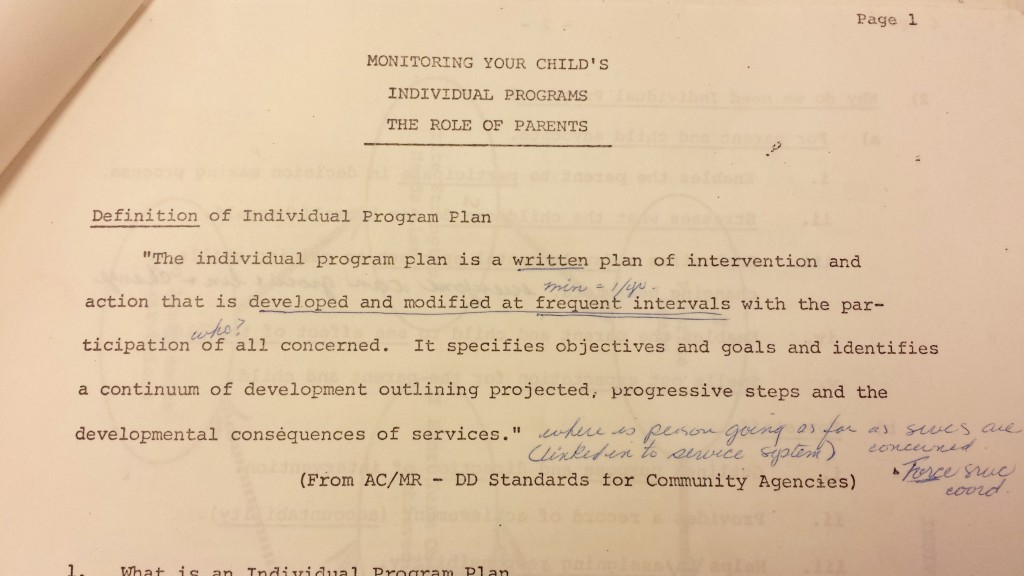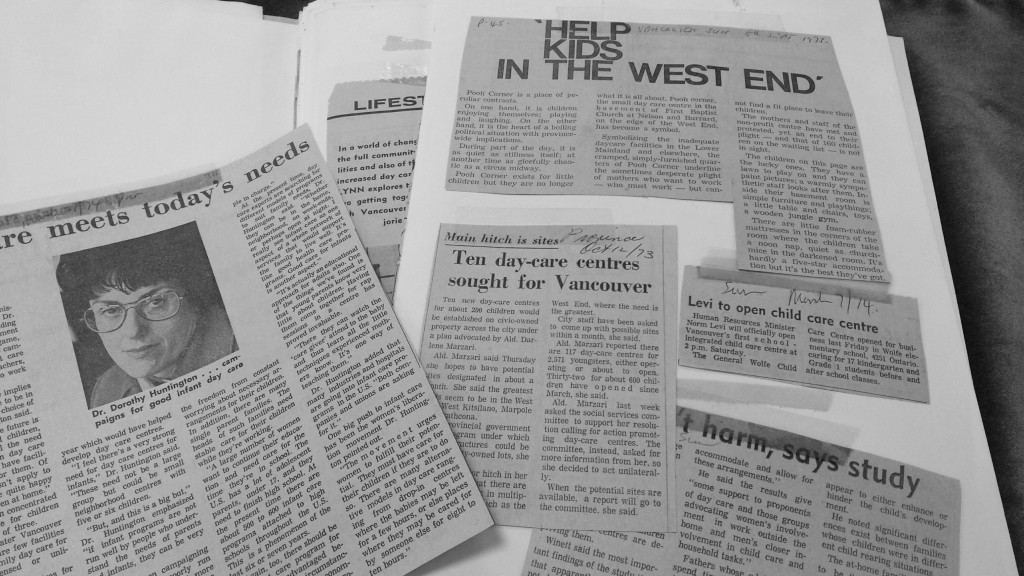RADICAL: (Especially of change or action) relating to or affecting the fundamental nature of something; far-reaching or thorough
-Oxford English Dictionary
HELLO. In the past two weeks, I came to an obvious yet important realization through my archival research. The realization was simple; the archives were teaching me about history I would otherwise have little to no exposure to. Not just the personal history of the person whom’s archive I was looking through, but a history of British Columbia that I feel should be more exposed than it currently is. Now, like I said, off the top this seems like an obvious point to be made, however, up until this point I have been focusing more on what the archive tells me about the individual in which the archive was created from, rather than what the archive discloses about history itself. For this reason, I’d like to discuss the collections from this week a bit differently than I have been and switch my focus to the history and knowledge held within the archive.
Two collections I found correlated in an especially interesting way were the Jackie Maniago and the Vancouver Status of Women fonds. Specifically, the treatment of mentally disabled individuals within BC addressed in the Maniago fonds and the later inept amounts of child care and the population of individuals addicted to drugs and alcohol within Vancouver. While I feel these collections relate on many levels in terms of socio-economic responsibility and neglect on behalf of the Canadian government, I also feel they both demonstrate well what Lisa Darms and Kate Eichhorn’s describes as the Radical Archive.
“Archives are, by their nature, conservative. Archives are about looking back, and they attempt to preserve a record of the past. The word “radical” derives from the Latin, radix, or root. In an etymological sense, then, archives could be said to be radical in that they support and enable those who are searching for the roots of today’s realities. More commonly, however, radical is thought of as the expression of extreme ideas through words or actions, a challenging of the status quo, and the opposite of conservative. Archives are rarely seen as radical in this sense. The reality is that all archives function within resource-constrained environments. When resources are constrained, decisions must be made about what can be collected, how those materials support other areas of the organization, what can be properly preserved, what can be made available, under what conditions, and to whom. Most typically, these decisions reflect the prevailing power structures in society.”
2016 Archive Journal
http://www.archivejournal.net/issue/5/three-sixty/devor-wilson-question-1/
As I flipped through the files in the Jackie Maniago fonds I realized I was learning about a dark seed within British Columbia’s history. This collection had folders marked “private” in which RBSC had to first remove specific documents before giving us access to. Of course, given the private nature of this fond, it’s understandable the privacy act stepped in to remove certain files. Despite this, the files in this fond were especially personal, in a different manner than I have seen before. They were personal in a dark, sad, and frustrating way. Almost all the files were stamped “Confidential” and were likely not intended to be seen publically. This notion of the private versus the public was discussed in Post #2 of this blog. I feel in this situation, making the private public, aided in the closing of the Woodlands, playing a large role in the Radical aspect of the archive.The Woodlands was a hospital in New Westminster, serving as an institution for children with developmental disorders. This psychiatric hospital became a center of confusion and pain for both the children kept there and the families kept out. Maniago was a member of the Woodland’s Parents’ Group: a group of parents whose children resided in Woodlands. This group was successful in its efforts to have the hospital closed down. Her fonds provide insight into the reasons why parents were so concerned about their children’s health. As noted in correspondence between group members, Life within the institution constituted:
Deterioration of sons and daughters
Abnormal environment. Abnormal behaviors learned
Children unrecognizable
Traumatized
No growth of sons and daughters
Individually not taken into account
System could not deal with individual needs and strengths of sons and daughters
Parental involvement was denied
Parents feeling isolated, powerless, lacking confidence
Children are more angry, frustrated, and depressed
Parents are told “we’ll take care of him for you”
As a response to this situation, parents gathered and became a resistance to the hospital. This resistance was not contained within BC only but was influential throughout Canada.

Fonds RBSC-ARC-1725 – Jackie Maniago fonds, Box 1 File 1
A letter, written from Paulette Berthiaume in Quebec, was addressed to Mrs. Mildred D’Haan in Burnaby in January 1982 covering how parents in Quebec were facing the same frustrations and fears. She asked Mrs. D’Haan for advice and help on how to achieve what they did in Vancouver. What I found interesting about this document specifically was how it demonstrates the Radical Archive. The members of The Woodlands Parents’ Group challenged the hospital, carefully going through their vision statement and letters of intent. Below is one example of how the group took up questions on reliability and ethics. The mentality of opposition and action against one system is motivated and created by the actions of Maniago, and then preserved here in this archival collection.

Fonds RBSC-ARC-1725 – Jackie Maniago Box 1 File 2
Similarly, the Vancouver Status of Women fonds holds a fascinating amount of information on shortcomings of the Provincial Government.
Contained in a newspaper clipping was the following quote regarding the requirements to join a raising-consciousness session: “The goal is consciousness – raising: consciousness of common goals, and insecurities, and strengths. The only requirement for joining a group is that each participant respects each other and be serious in her attempt to effect life change.” Box 16 File 1
These women considered and challenged many complicated issues within the city. Box 16, file 2 focused directly on Drug Abuse and Vancouver’s way of handling and treating the drug abuse issues within the city. I came across information on how the heroin treatment program was continuously pushed back due to lack of employee training. Shortly after I came across a clipping with the title “Heroin treatment plan being scaled down” which stated the “plan” will not be able to handle as many addicted persons as originally estimated for its initial year. BC Drug and Alcohol Commission member John Russell said that after reviewing procedures under the Heroin Treatment Act will be able to treat 600 – 1000 addicts rather than the 2,500 originally estimated. Similar to the groups Maniago involved herself in, The Vancouver Status of Women also took action against governing bodies, leaving behind a Radical Archive filled with dismal and unexposed information regarding BC’s history.

Fonds RBSC-ARC-1582 – Vancouver Status of Women fonds. File ” Education – Children Handicapped” Box 16 File 14
I would love to talk more about these fonds, but alas, I’m already double my required word count….
Until next time,
Best